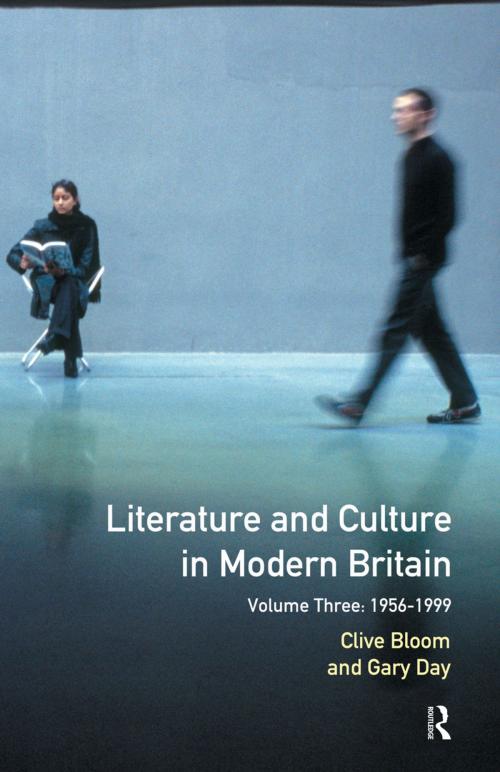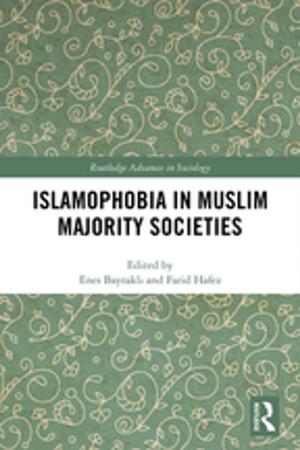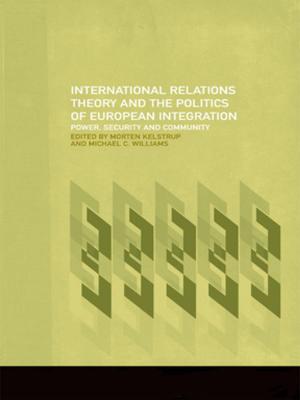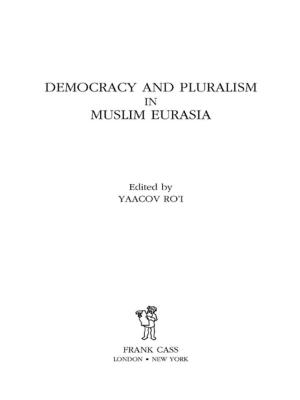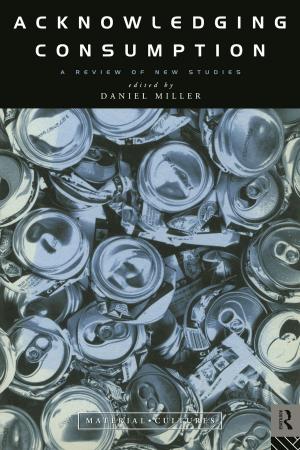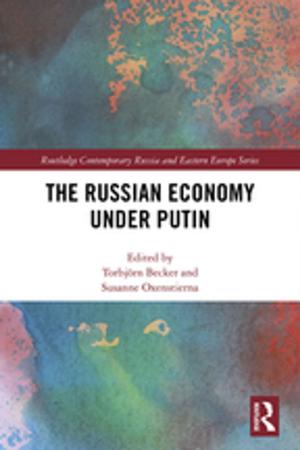Literature and Culture in Modern Britain
Volume Three: 1956 - 1999
Fiction & Literature, Literary Theory & Criticism| Author: | ISBN: | 9781317897521 | |
| Publisher: | Taylor and Francis | Publication: | June 11, 2014 |
| Imprint: | Routledge | Language: | English |
| Author: | |
| ISBN: | 9781317897521 |
| Publisher: | Taylor and Francis |
| Publication: | June 11, 2014 |
| Imprint: | Routledge |
| Language: | English |
British culture has changed almost beyond recognition since 1956. Angry young men have been displaced by Yuppies, Elvis by the Spice Girls, and meat and two veg by continental cuisine. What is more, as the death of Diana, Princess of Wales showed, the British are now more famous for a trembling lower lip than a stiff upper one.
This volume, the last in the series, examines the transformations in literature and culture over the last forty years. An introductory essay provides a context for the following chapters by arguing that although there have been significant changes in British life, there are also profound continuities. It also discusses the rise of 'theory' and its impact on the humanities. Each essay in the volume concentrates on a facet of British culture over the last half century from painting to poetry, from the seriousness of the novel to the postmodern ironies of the computing age.
What we get from this selection is not only an informed history of the relations between literature and culture but also a lively sense of cultural change, not least of which is the new found relationship between literature and other arts which ushers us into the new millennium.
British culture has changed almost beyond recognition since 1956. Angry young men have been displaced by Yuppies, Elvis by the Spice Girls, and meat and two veg by continental cuisine. What is more, as the death of Diana, Princess of Wales showed, the British are now more famous for a trembling lower lip than a stiff upper one.
This volume, the last in the series, examines the transformations in literature and culture over the last forty years. An introductory essay provides a context for the following chapters by arguing that although there have been significant changes in British life, there are also profound continuities. It also discusses the rise of 'theory' and its impact on the humanities. Each essay in the volume concentrates on a facet of British culture over the last half century from painting to poetry, from the seriousness of the novel to the postmodern ironies of the computing age.
What we get from this selection is not only an informed history of the relations between literature and culture but also a lively sense of cultural change, not least of which is the new found relationship between literature and other arts which ushers us into the new millennium.
